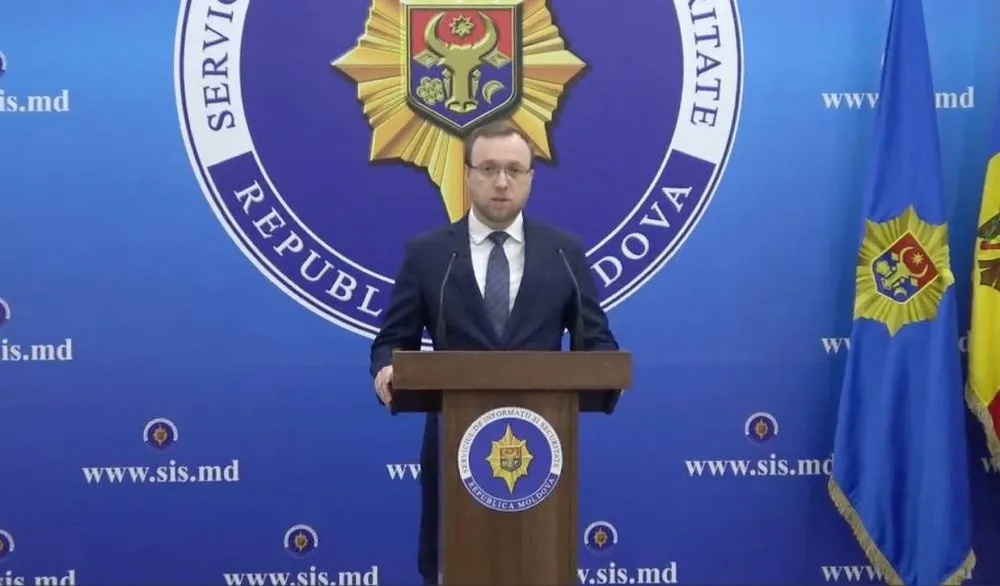Moldova warns of Russian ‘hybrid attacks’ ahead of presidential election
Moldova's national intelligence agency warned Tuesday that it believes Russia plans to launch hybrid attacks against the country ahead of its upcoming elections, which will include a referendum on joining the European Union.
During a press conference, the country’s chief of intelligence, Alexandru Musteata, said that Moscow plans to cause social conflicts in Moldova, including in the Russia-controlled Moldovan region of Transnistria and the autonomous region of Gagauzia.
Russia's main goal is to compromise the referendum to join the EU — taking place in the fall — and to “vilify and discredit” the pro-European candidates during the presidential elections, Musteata said.
Tensions between Moldova and Russia have been escalating since the beginning of the war in Ukraine. As Moldova moves towards the EU and aligns with Europe's sanctions against Russia, the Kremlin has made attempts to reassert influence over the former Soviet republic.
According to Moldova’s Intelligence and Security Service (SIS), part of Russia’s strategy involves the “extensive use of social networks,” such as Telegram and TikTok, to promote pro-Moscow politicians, encourage anti-government protests and incite inter-ethnic hatred.
Russia has previously used this tactic to sway public opinion in Moldova, a nation of 2.6 million people that borders Ukraine and Romania.
In an influence campaign launched last July, Russia used Facebook advertisements to defend pro-Russian figures and their interests in Moldova. Researchers detected at least 605 ads that were part of the campaign, accumulating around 155 million views.
Last February, the former Moldovan Prime Minister accused Russia of attempting to destabilize the country by sponsoring protests and carrying out cyberattacks. Moldovan President Maia Sandu also blamed Russia for “waging a hybrid war against Moldova,” involving “propaganda and disinformation,” alongside “multiple cyberattacks” and “numerous false bomb alerts.”
In 2022, cyberattacks on Moldova more than tripled, according to Thales. Due to its alliance with Ukraine, the country has become an attractive target for pro-Russian hackers.
Moldova’s policies related to data and cybersecurity have not kept pace with the development and use of digital infrastructure, according to research by the Center for Strategic and International Studies.
However, in 2023, Moldova adopted a cybersecurity law requiring incident reporting, as well as safeguards, cooperation, and network standards for all medium-sized or larger internet service providers and critical infrastructure entities. This law, which was drafted with support from Estonia, will go into effect in early 2025.
Daryna Antoniuk
is a reporter for Recorded Future News based in Ukraine. She writes about cybersecurity startups, cyberattacks in Eastern Europe and the state of the cyberwar between Ukraine and Russia. She previously was a tech reporter for Forbes Ukraine. Her work has also been published at Sifted, The Kyiv Independent and The Kyiv Post.



